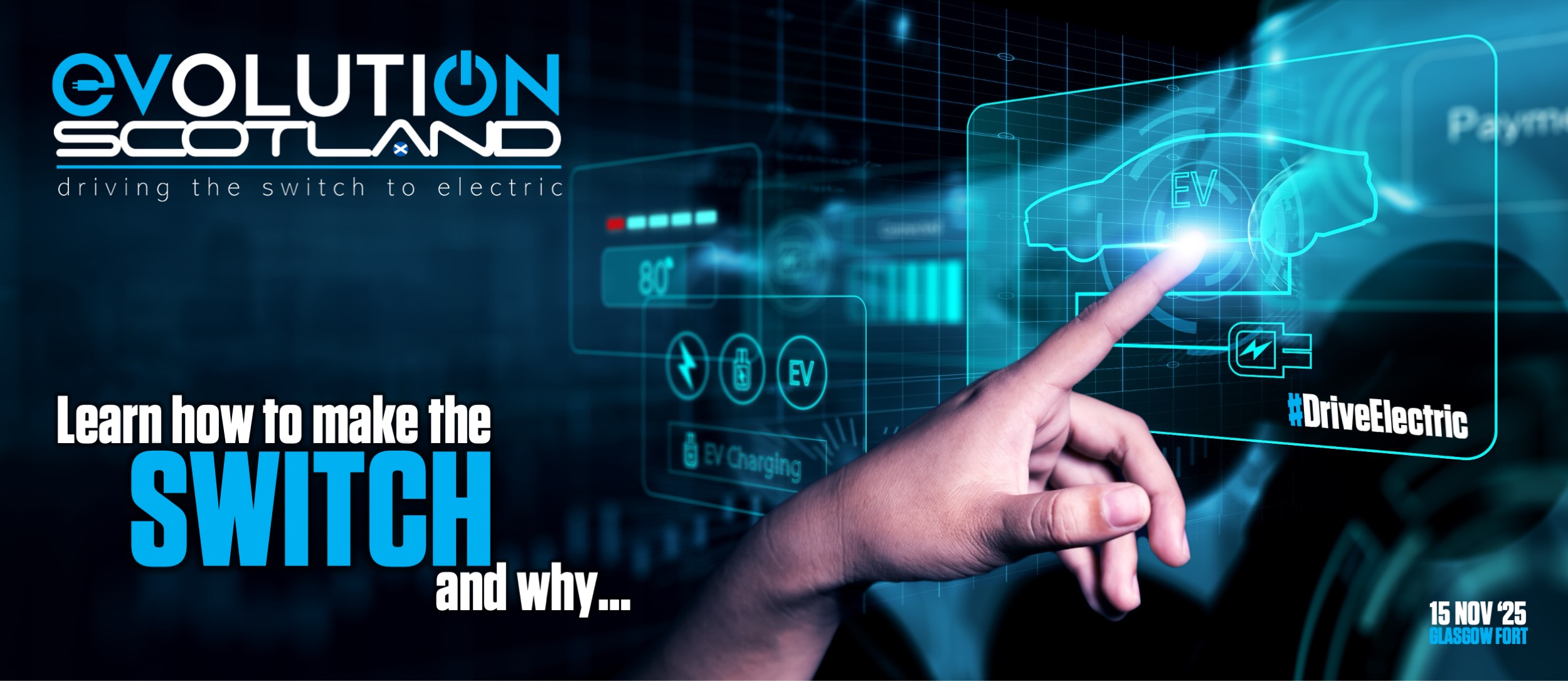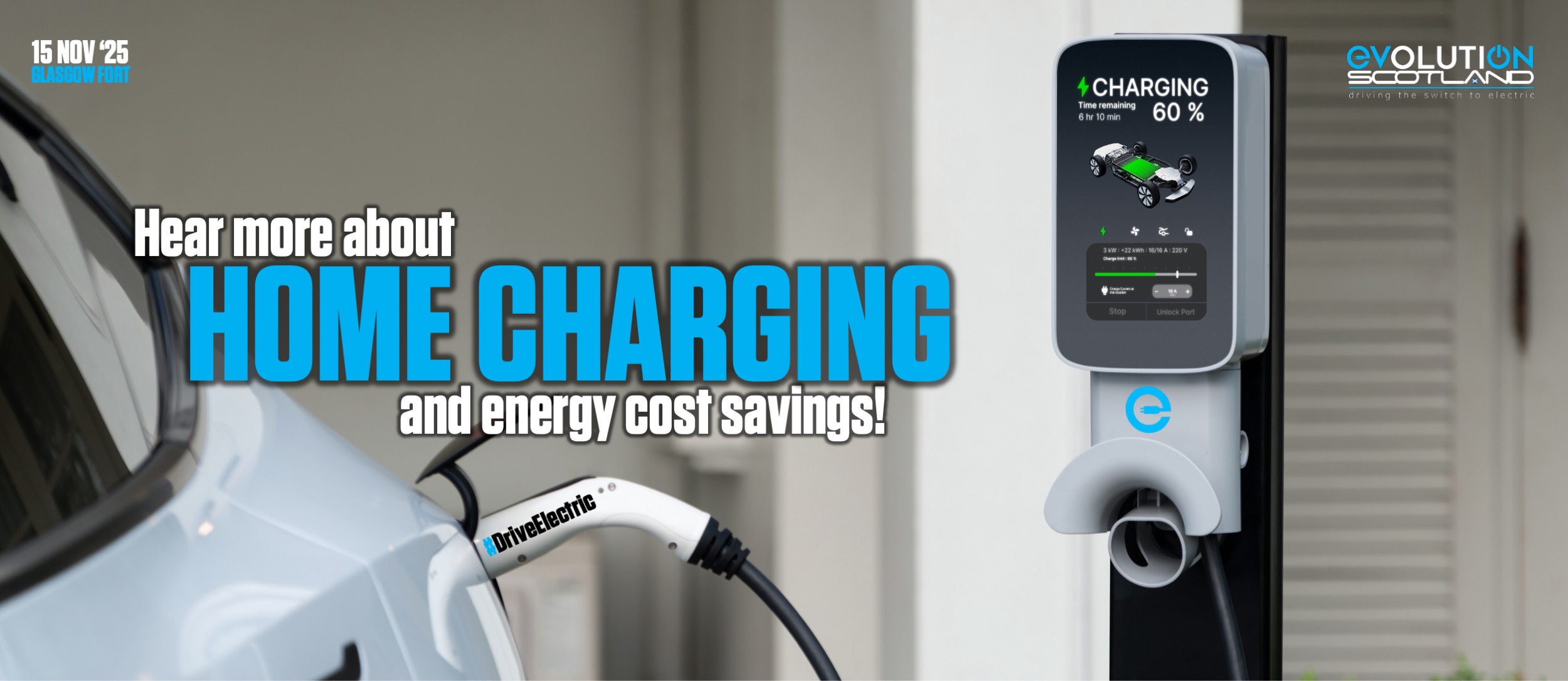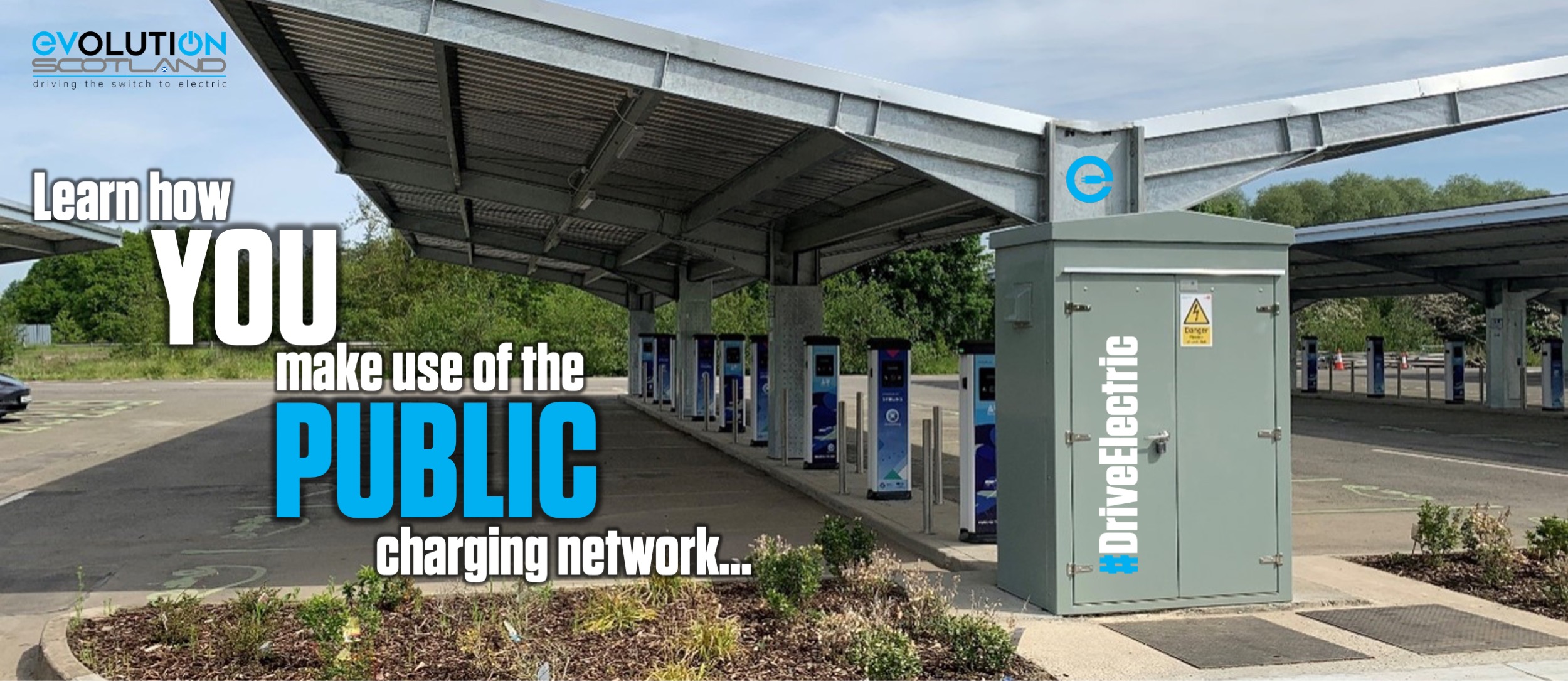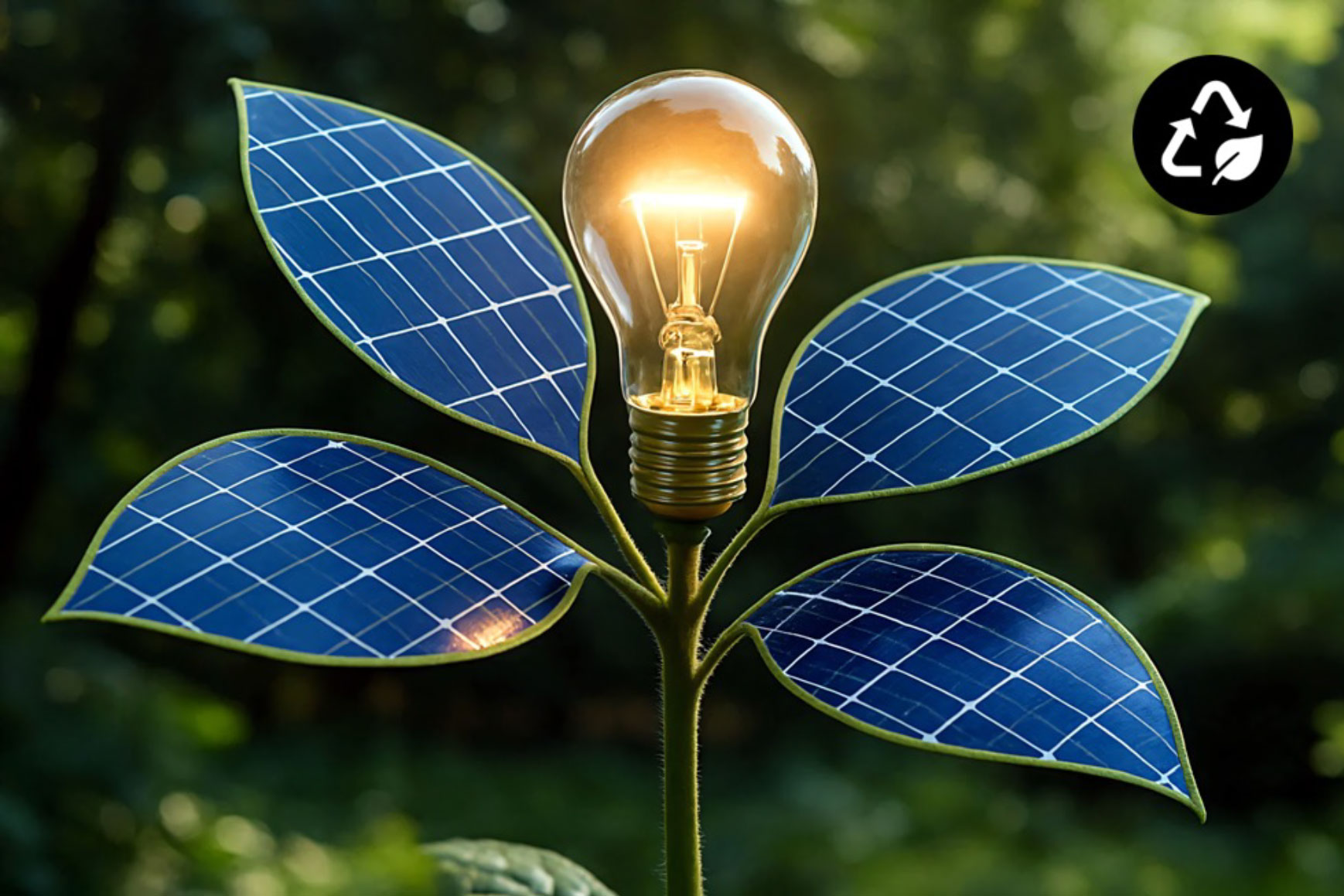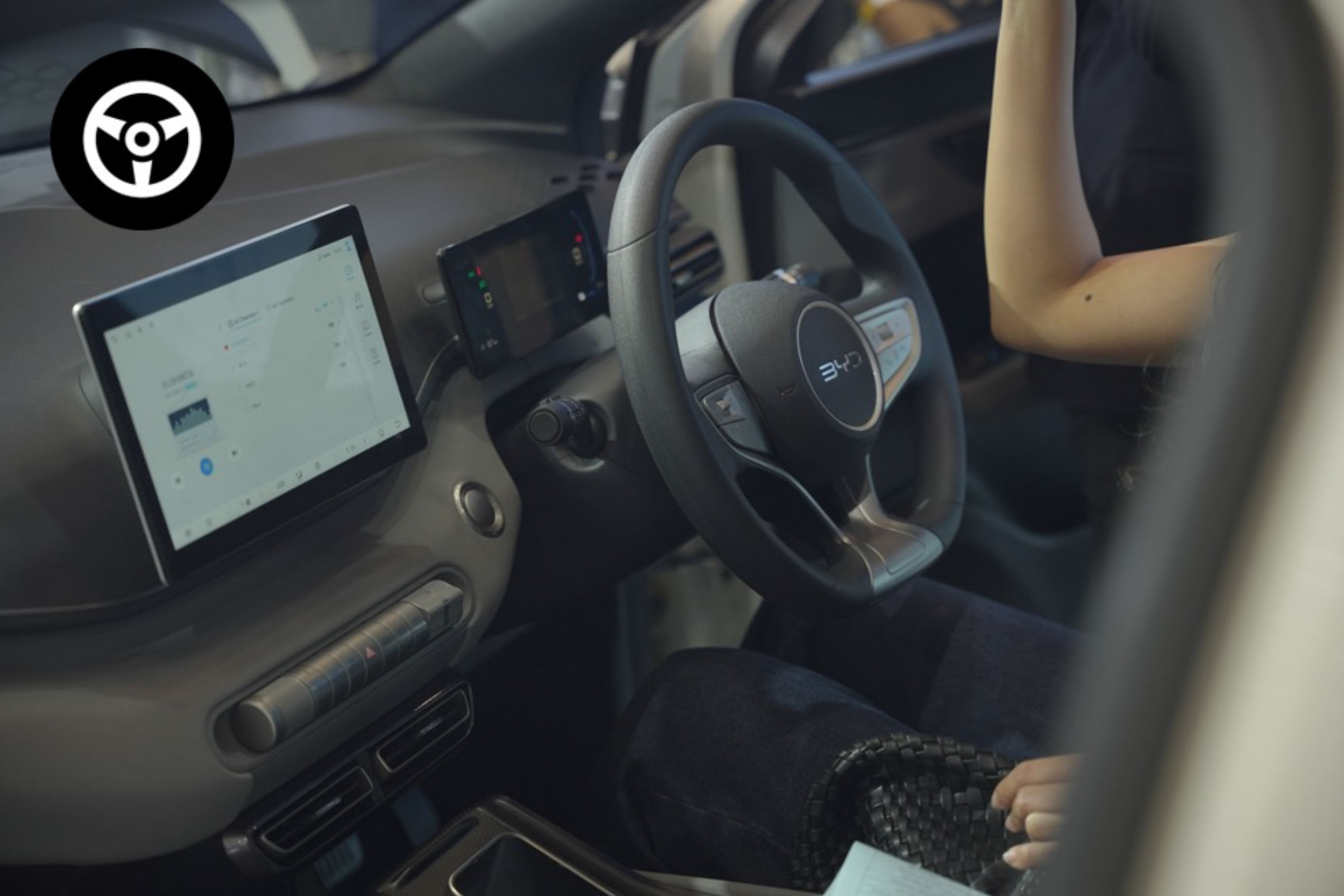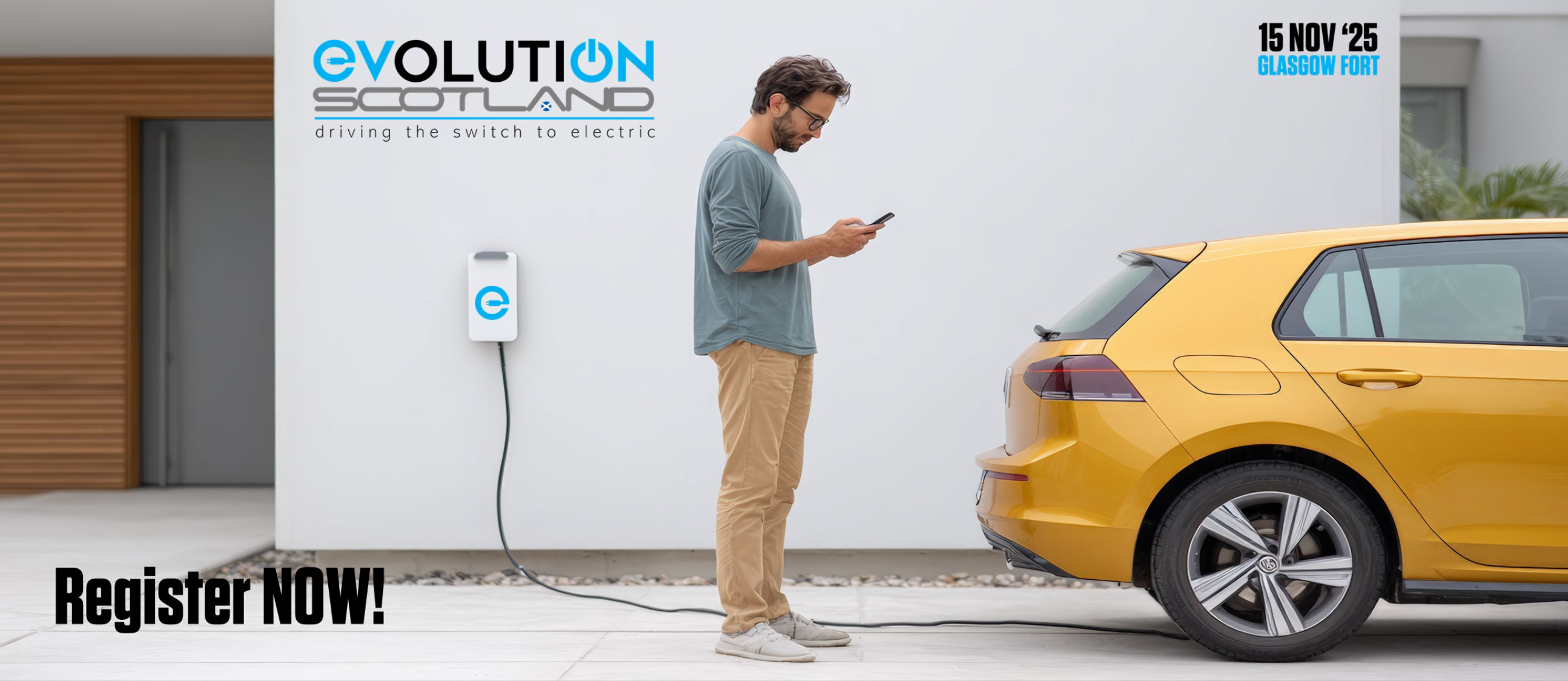Benefits

Switching to an electric vehicle (EV) offers significant financial, environmental, and performance benefits compared to a petrol or diesel car. Over the vehicle's lifetime, these advantages often outweigh the higher initial purchase price.
On average, electric car drivers save £582.65 per year on fuel. The electricity required to drive the UK average mileage of 6,800 miles each year costs just £265.82. In comparison, petrol car owners would spend £888.42 on fuel to cover the same distance, and diesel car owners would spend £808.51.
On average, EV owners will pay just 4p for the electricity to travel a mile, while a new diesel car costs three times that, at 12p per mile, and new petrol car owners can expect to pay 13p per mile.
In order to take a FREE test drive, REGISTER NOW.

- 226 High Road, Loughton, Essex IG10 1ET
- +44 (0)20 8532 0055
- info@events.greenfleet.net
